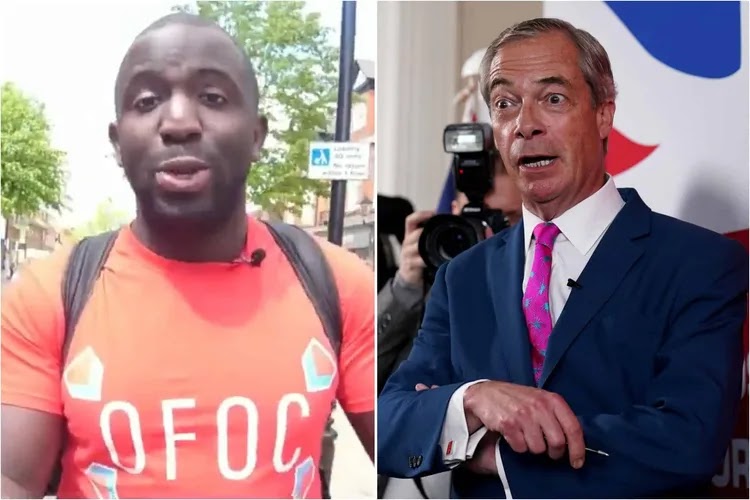Who Ksenia Karelina Is: Freed in the US-Russia Prisoner Swap for Artur Petrov
On April 10, 2025, at 12:12 PM CEST, a significant prisoner swap between the United States and Russia unfolded in Abu Dhabi, UAE, capturing global attention. This exchange saw Ksenia Karelina, a US-Russian dual national, released from a Russian prison after a 12-year treason sentence, in exchange for Artur Petrov, a German-Russian dual national detained by the US for smuggling sensitive technology. This event, the second such swap this year, underscores the complex dynamics of international diplomacy and the human stories at its core. This report delves into the details, drawing from extensive research and statistics to provide a comprehensive overview.
Background on Ksenia Karelina
Background on Artur Petrov
Details of the Prisoner Swap
The swap, conducted on April 10, 2025, in Abu Dhabi, UAE, was orchestrated by intelligence agencies, with CIA Director John Ratcliffe leading negotiations for the US, as reported by The Wall Street Journal. Karelina boarded a plane back to the US, while Petrov returned to Russia, marking a significant diplomatic maneuver. This event follows a February 2025 exchange where Aleksandr Vinnik, convicted in the US for cryptocurrency fraud, was swapped for Mark Fogel, an American imprisoned in Russia for drug possession (BBC News). This pattern indicates a recurring strategy of tit-for-tat diplomacy between the two nations.
Broader Context of US-Russia Prisoner Swaps
Prisoner swaps between the US and Russia have a history dating back to the Cold War, with increased frequency in recent years reflecting strained relations. Since 1991, notable exchanges include:
1986: Nicholas Daniloff (US journalist) swapped for Gennady Zakharov (Soviet diplomat accused of espionage).
2018-2020: Paul Whelan (US ex-Marine) detained on espionage charges, unresolved until the 2024 swap.
2022: Brittney Griner (US basketball star) exchanged for Viktor Bout (Russian arms dealer).
2024: The Ankara swap, involving 24 detainees, was the largest since the Cold War, freeing Americans like Evan Gershkovich and Paul Whelan (CNN).
Statistics reveal a troubling trend:
- The 2024 Ankara swap involved 24 detainees across seven countries, with 16 released by Russia, including five Germans and seven Russian political prisoners (Al Jazeera).
- The number of Americans wrongfully detained abroad has risen over the past decade, with Russia being a significant player, as noted by the James W. Foley Legacy Foundation (The Washington Post).
- At least three high-profile American cases (Gershkovich, Whelan, Kurmasheva) were resolved through swaps in recent years, highlighting the scale of detentions.
Symbolic and Geopolitical Implications
Russia’s narrative around these swaps often emphasizes national loyalty, with reports framing them as demonstrations of "we don’t abandon our own." This contrasts with how individuals like Karelina are portrayed—as "ordinary traitors" who have betrayed their homeland. For Russia, these exchanges serve domestic appeal, reinforcing national pride, and geopolitical leverage, providing bargaining chips in negotiations with Western powers.
For the US, these swaps are framed as humanitarian efforts to bring citizens home, but they raise questions about fairness. For instance, Marc Fogel’s exclusion from previous swaps sparked controversy, highlighting the selective nature of these negotiations .
Analysis: The Human Cost of Geopolitics
Ksenia Karelina’s case is particularly poignant, with her $50 donation leading to a 12-year sentence, reflecting Russia’s harsh treason laws and stance on Ukraine. This underscores how minor actions can have severe consequences in politically charged environments. Artur Petrov’s case, meanwhile, highlights the global struggle over technology and sanctions, with his alleged smuggling underscoring Russia’s efforts to circumvent Western restrictions.
Together, these stories illustrate the human toll of geopolitical conflicts, where individuals become pawns in larger games, their lives upended by forces beyond their control. The controversy around "hostage diplomacy" persists, with critics arguing these swaps incentivize detentions, while supporters see them as necessary to free wrongfully held citizens.
The April 10, 2025, prisoner swap involving Ksenia Karelina and Artur Petrov is more than a transaction—it’s a reflection of the complex interplay between diplomacy, national security, and individual rights. While Karelina returns to freedom in the US and Petrov regains his liberty in Russia, their stories linger as reminders of the fragile balance between nations. As these exchanges continue, they highlight the ongoing tensions and the human cost of international relations, with each move on the diplomatic chessboard carrying significant weight.







.jpg)

